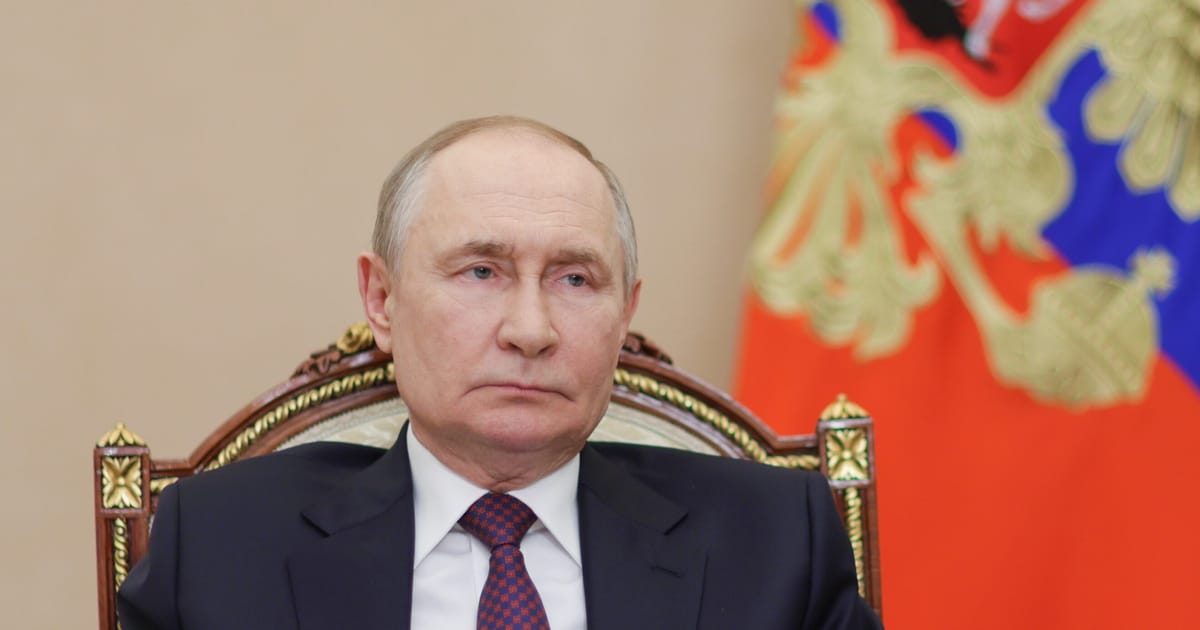

In a period marked by significant geopolitical shifts, Eastern Europe has recently witnessed events that underscore the ongoing complexity and volatility in the region. The situation is particularly tense across the Russia-Ukraine front, with implications for broader regional dynamics. These developments are not only reshaping military and political strategies but also influencing international relations in nuanced ways.
An incident of note is the reported death of Major General Mikhail Gudkov, the deputy commander of the Russian navy, who was killed near the frontline with Ukraine. Gudkov, personally appointed by Russian President Vladimir Putin, had previously led a notable brigade and was a key figure in Russia’s military operations. His death resulted from a Ukrainian missile strike targeting a command post in the Kursk region, with reports suggesting compromised security might have contributed to the attack’s success.
This development, confirmed by Moscow, highlights the intense and ongoing military engagements between Russia and Ukraine. It reflects the strategic vulnerabilities that can exist even at high levels of military command and the persistent threat posed by modern warfare tactics such as targeted airstrikes. The situation serves as a reminder of the fragile nature of frontline positions and the significant impact of intelligence and security in military strategies.
Meanwhile, on a broader scale, tensions are also escalating between Russia and Azerbaijan. Recent incidents, such as the downing of an aircraft by Russian forces and reported mistreatment of Azerbaijani nationals by Russian authorities, have contributed to a climate of growing discord. Azerbaijan, driven by a desire to assert its sovereignty and independence from Russian influence, is responding assertively to perceived provocations.
These interactions have brought to the fore longstanding historical tensions and are reshaping regional alliances and power dynamics. Azerbaijan’s posture signifies a broader trend of former Soviet states seeking to redefine their relationship with Russia, a move that is both a response to aggressive posturing and a strategic recalibration in pursuit of greater national autonomy.
The interplay of these events underscores the complex web of geopolitical relations within Eastern Europe. As countries navigate their paths toward increased self-determination and strategic alliances, the interactions between major powers in the region continue to evolve. These developments are being closely watched by international observers, who recognize their potential implications for regional stability and the broader international order.
In conclusion, as Eastern Europe remains a critical zone of geopolitical maneuvering, the recent surge in tensions highlights the intricate balance of national ambitions, historical ties, and strategic interests. The ongoing dialogues, both diplomatic and military, will undoubtedly continue to shape the future trajectory of regional dynamics, requiring mindful engagement and sustained diplomacy from all involved stakeholders.
Source: {link}
